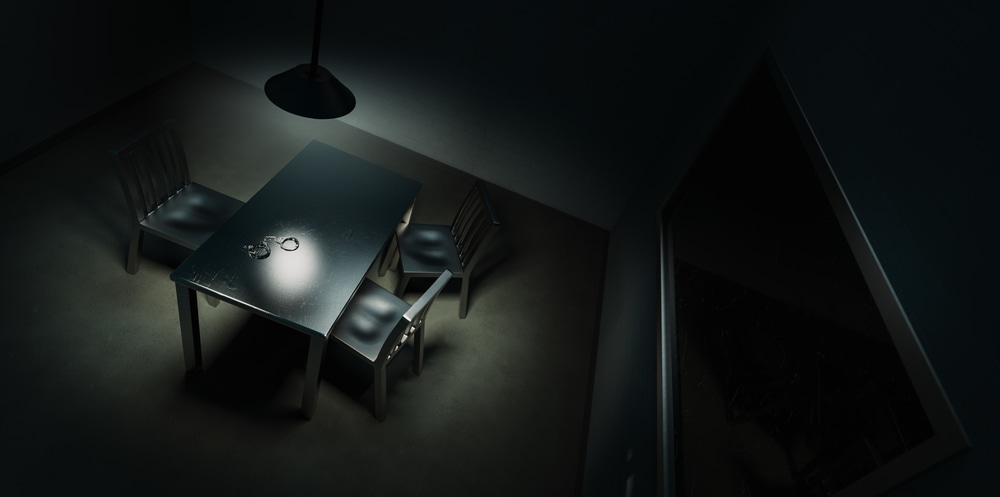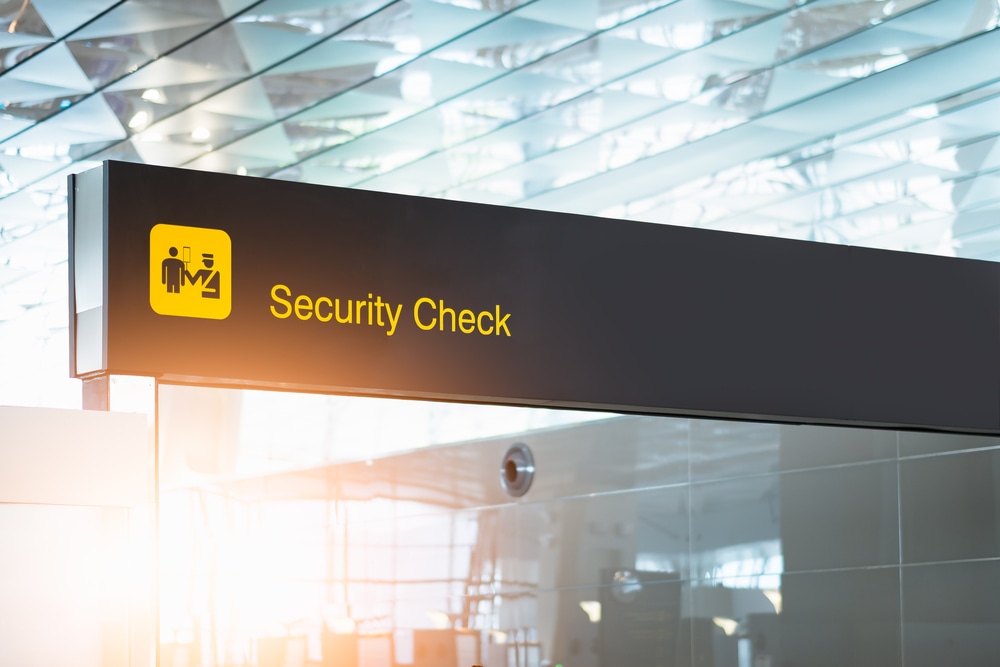Exactly what is an ignition interlock device (IID)? How much does an interlock device cost? Who do you call if your ignition interlock device has problems? What if I don’t want to drive; can someone else drive your car if you have an interlock device installed?
If the court has recently ordered you to use an ignition interlock device (also known as a breath alcohol ignition interlock device, or BAIID) as a condition of your parole or your release from jail, then chances are that questions like these have crossed your mind.
The good news? While many view the use of an IID as a nuisance but, if used in accordance with the law, ignition interlock devices can actually afford you more freedom than they take away.
Learn the answer to, “What is an ignition interlock device?” and discover why having the interlock breathalyzer in your car may be more boon than bane.
What is an ignition interlock device? And how does an ignition interlock device work?
The legal definition of an ignition interlock device as outlined in Tex. Code Crim. Proc. art. 42A.408(a) describes an IID as “a device that uses a deep-lung breath analysis mechanism to make impractical the operation of a motor vehicle if ethyl alcohol is detected in the breath of the operator of the vehicle.”
Put more simply, an ignition interlock device is a breathalyzer connected to your car’s ignition. If you have an IID installed in their car, you must first pass a breathalyzer test if you want your car to start.
If you do pass, you’ll be able to head on your way. Once you’re on the road, your IID will occasionally prompt you to take what’s called a “rolling re-test.” Aptly named, these re-tests check your alcohol levels as you continue to drive.
If you don’t pass your test, the IID will make you wait a few minutes before trying again. Be warned: additional failed tests can “lock” you out of your car for time periods increase with each failed attempt. And remember that failed IID tests can have more negative repercussions than a delayed ride home.
Can a judge in Tarrant County order an IID as a condition of my release from jail?
If you’re released from jail on bond before a trial (for intoxicated driving), the judge releasing you has the power to impose conditions on your driving. One of these conditions is that you may be required to install an IID in your car as a condition of your bond.
In fact, in some circumstances, judges in the state of Texas are required by law to order the installation and use of an IID as part of your bond. These circumstances include:
- Your second DWI charge
- A second DWI with child passenger
- Your second FWI (flying while intoxicated) charge
- A second BWI (boating while intoxicated) charge
- Your first intoxication assault charge
- A first intoxication manslaughter charge
If your intoxication offense doesn’t match any of the above circumstances, a judge may still order an IID as a condition of your bond.
Can a judge in Tarrant County order an IID as a condition of my probation?
If you’ve been convicted of an intoxication offense, the use of an IID might be a required condition of your probation.
Again, the IID is legally mandatory in some situations, including:
- An intoxication offense with a BAC greater than or equal to 0.15
- An intoxication offense that qualifies as a class A misdemeanor or a felony
- A second intoxication offense if the preceding conviction was within a certain time frame
- Any intoxication offense in which the defendant was a minor at the time of conviction
And again, with any other intoxication offense, the judge is allowed — but not required — to order an IID as a condition of your probation.
What do I do if a judge orders the installation and use of an IID?
Now that you know the answer to “What is an ignition interlock device?” it’s time to outline what you should do once you’ve been ordered to get one.
After a judge orders an IID in your case, several things need to happen:
- You’ll receive a deadline by which to check in and prove to the pretrial services office that you got the device installed. Note this date and plan to meet it.
- Get the IID installed. Installations typically last about 30 minutes and should come with training.
- After installation, you’ll be required to check in with a monitoring officer and pay a fee each month. The pretrial services office will report violations of these conditions to your judge.
- Note that you’ll likely need to revisit the location of your IID installation for regular recalibration.
If you don’t have a car, your judge may still require that you get a portable breathalyzer device, which can be used to monitor your alcohol intake at home.
How much does it cost to install ignition interlock devices?
The cost of installing and maintaining your ignition interlock device will vary. Typically, you can expect three different types of fees:
-
- The cost of installation: Depending on where you get your IID installed, this may cost between $50 – $150 per car.
- Reporting fees, lease fees, maintenance fees: Between $50 – $150 per car every 30 – 90 days.
- Uninstallation: Ask upon installation if you should anticipate this fee. Drivers may pay anything between $0 and $150 to get their IID removed.
Can someone else drive your car if you have an interlock device?
This question is one we often receive in conjunction with, “What is an ignition interlock device?” So long as you trust the person who’s driving your car to drive soberly, you won’t face any issues when someone besides you drives your IID-equipped car. In order to drive, your family member, friend, or coworker simply has to blow into the device like you would (and pass the test).
But if you’re thinking of trying to have someone blow into your IID to “trick” the device into letting you drive, think again. You’ll find yourself in a heap of trouble when you fail the IID-initiated “rolling re-test.” Note: when you fail one of these, your car won’t just stop in the middle of the road. That would be dangerous. Instead, a loud alarm may sound and lights may begin flashing in your car until you pull over and turn off the ignition.
Are there benefits to having an IID when you’re out on bond/probation?
Yes! In some cases, the IID requirement can actually be beneficial to you and your case. Having an IID in lieu of having your license revoked affords you and your family more freedom and flexibility while you’re getting back on your feet. And but the use of an IID can also help you get your DWI/DUI record sealed earlier.
In 2017, the Texas Legislature passed the Second Chance Act. This law made it easier for certain people to seal their criminal history records. However, to apply for a “non-disclosure” under this law, individuals have to meet certain strict standards.
For example, if you meet all other non-disclosure qualifications, you may be able to get your record sealed either two years or five years after your probation is complete. You’re eligible for the earlier, two-year non-disclosure only if you had an IID probation condition for at least six months.
Not sure whether you qualify for an IID? Sellers Law Firm Attorneys can help.
Once you understand the answer to the question of, “What is an ignition interlock device?” it often becomes clear that, despite the cost, IIDs may be worth using for the liberties they provide. However, judges can choose not to require the use the IID — a decision which might ultimately not be in your best interest.
The experienced DWI attorneys at Sellers Law Firm Attorneys are here to help you make the best, most informed decisions about ignition interlock devices. Ready to be in-the-know about IID laws and your case? Request a consultation online or call Sellers Law Firm today at 817-928-4222.





